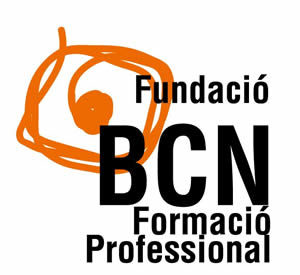The jobs of the future are unknown, but in a VICA environment (Volatile, Uncertain, Complex and Ambiguous), we can affirm that people will need to master many skills (technical, digital and transversal and also humanistic and ethical) and the only way to achieve this is by betting on training throughout life, known as lifelong learning.
The health crisis has accelerated the digital transformation, and changes are being pointed out in the economic model of the country in which it will be necessary to bet on a new, more industrial, more digitized and more sustainable economy (aligned with the SDGs). Consequently, it will also be necessary to invest in massive digital training, continuous training in the workplace, an education more tailored to the needs of the productive fabric and a more valued VET.
The rise up of new technologies will increase the demand for qualified professionals in all sectors (industrial, health, logistics, digital, food, chemical …), as experts in data analysis, software and app programmers and developers and specialists in e-commerce and digital marketing. Specialists in artificial intelligence, Big Data, IoT, machine learning, cloud computing, 3D printing, robotics, cybersecurity and blockchain will stand out.
It should be noted that hybrid profiles, showing a combination of technical but also personal skills, will be valued. Apart from technical competences, transversal competences, known as “soft skills”, are also necessary, which differentiate us from machines: creativity, empathy, critical thinking, problem-solving capacity, emotional intelligence … these become the key competences of the future.
Finally, the gender gap in technological and industrial training cycles is a constant that worries all governments and economic and social agents.
We must reverse this situation all together if we want a more just, supportive and inclusive society. Along these lines, and to respond to one of the challenges of the Industrial Training Sector Board, such as attracting young people (especially girls) to industrial and technological cycles, we have prepared 3 attached infographics:
We also believe that it is a guidance material for young people and their families, and for those professionals in education and guidance, secondary schools, adult schools, social entities, etc. Following this idea and given the current circumstances, the socio-health sector has been valued during Covid19. In VET, understanding in an integrated way has a lot to say. We provide you with the infographic of the map of everything that can be studied!





